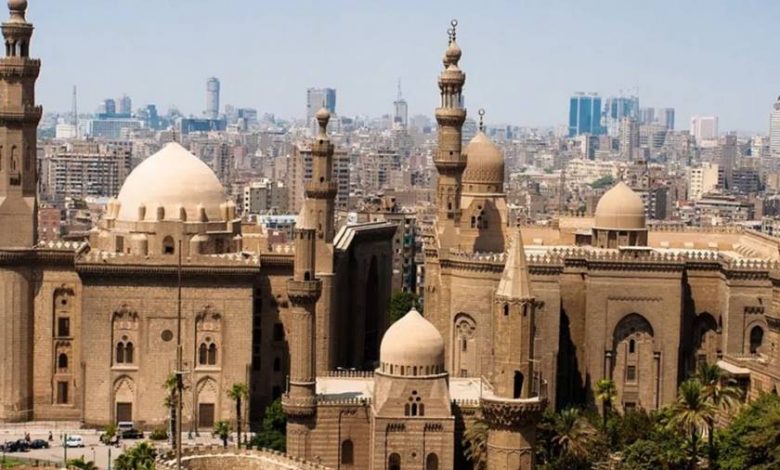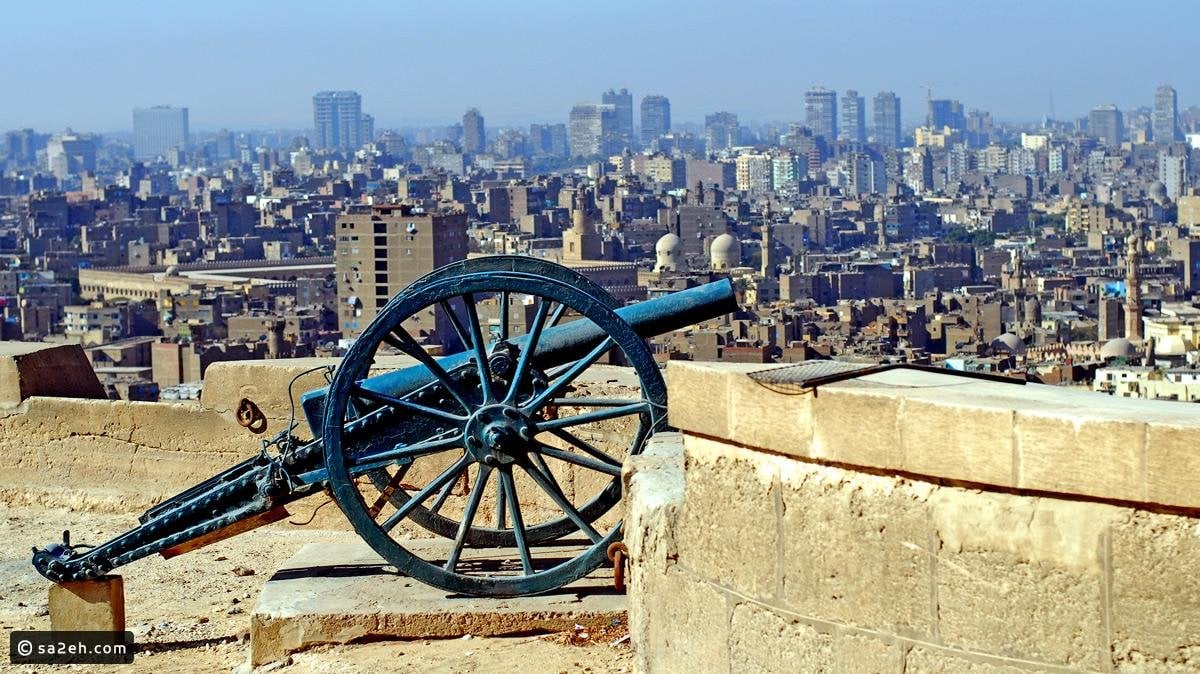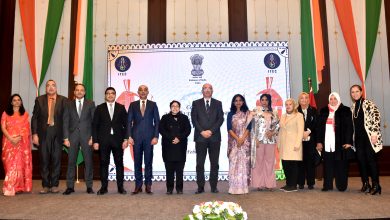
by: Fatima Badawi
The Qatar News Agency shed light on the rich spiritual ambiance filled with religious devotion that pervades the historic mosques in Egypt throughout the blessed month of Ramadan, especially in the city of Cairo, renowned as the city of a thousand minarets. Cairo has retained its significance, steeped in a rich history since the inception of Islam in the land of the Pharaohs.

Throughout the ages, Egypt’s historic mosques have stood witness to the Egyptians’ deep connection with them, particularly during the sacred month of Ramadan. Hearts flock to the sanctity of these mosques, whether for Quranic recitations during the day or for Tarawih and Tahajjud prayers at night.
Among these historic mosques, the Mosque of Amr ibn al-As stands out. Founded by the esteemed companion Amr ibn al-As in the year 20 AH (641 CE) after the conquest of Egypt, it has remained among the most frequented mosques by worshippers throughout the blessed month of Ramadan. Its historical significance as the first mosque established in Egypt and Africa, situated in the heart of Fustat, the first Islamic capital of Egypt, renders it iconic. Known also as the Mosque of Conquest and the Ancient Mosque, it served as a center of governance and a nucleus for the propagation of Islam, alongside other revered mosques such as the Mosque of Ahmad ibn Tulun, Al-Azhar Mosque, the mosques of Sayyida Zaynab, Sayyida Nafisa, Al-Rifa’i, Sultan Hassan, and Al-Nasir Muhammad ibn Qalawun.

Dr. Mohamed Al-Kahlawi, President of the Arab Council of the General Union of Arab Archaeologists, remarked to the Qatar News Agency “QNA” that Egyptians’ attachment to the comprehensive mosques, or the mosques of the capitals, during the blessed month of Ramadan, and their eagerness to revive its blessed nights, stems from their profound appreciation for the role of these grand mosques or the mosques of the capitals, such as the Mosque of Amr ibn al-As. These mosques, known as “Amriyya” mosques after Umar ibn al-Khattab, the conqueror, or the mosques of the standard-bearers of the companions of the Messenger of Allah, have been cherished by Egyptians since the Islamic conquest and the era of Islamic expansions.

Dr. Ayman Fouad Sayed, Professor of Islamic History at Al-Azhar University, stated to “QNA” that Egypt’s historic mosques, especially in Cairo, have gained special significance among Egyptians during the blessed month of Ramadan. Foremost among them is the Mosque of Amr ibn al-As, which played a prominent role in the inception of Islamic history in Egypt, along with the Mosque of Ahmad ibn Tulun in the city of al-Qatta’i, the capital established by Ibn Tulun. The Al-Azhar Mosque, established by the Fatimids under the name of the “Cairo Mosque,” before it later became known as Al-Azhar University, holds a distinctive position as well.
Dr. Jumaa Abdel Maqsood, Professor of Islamic Antiquities Restoration at the Faculty of Antiquities, Cairo University, explained to “QNA” that the reason behind Egyptians’ attachment to these mosques during the blessed month of Ramadan lies in their historical significance, as well as their hosting of preachers and imams with distinct voices in the recitation of the Quran. This further enhances Egyptians’ keenness to perform their prayers there, especially Tarawih and Tahajjud prayers, which illuminate these mosques throughout the days of the blessed month of Ramadan.

Dr. Mohamed Wardani, Professor of Media at Al-Azhar University, told “QNA” that the role of mosques in Egypt during the blessed month of Ramadan extends to rituals and spiritual atmospheres characterized by affection and camaraderie. For instance, Al-Azhar Mosque hosts the Iftar for thousands of fasting individuals daily, particularly foreign students. Moreover, they enjoy listening to the Quranic recitations and the aroma of educational sessions permeating its corridors throughout the day.
In light of these renewed spiritual influences during the blessed month of Ramadan, the role of Egypt’s historic mosques as beacons of light throughout the ages, disseminating religion and preserving identity, remains pivotal. From the inception of the Mosque of Amr ibn al-As in the heart of Fustat, the first Islamic capital of Egypt, to Cairo, the “City of a Thousand Minarets,” where the jurisprudence of this religion spread in its various schools throughout the Islamic world, these mosque walls still bear witness to the illustrious scholars who illuminated the earth with knowledge in various corners of the Islamic world.



